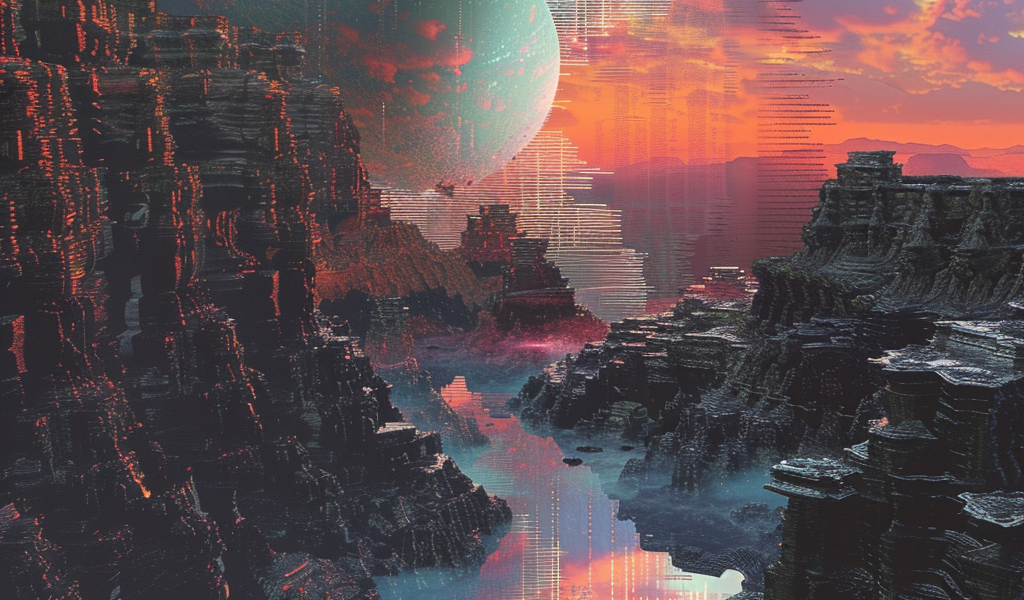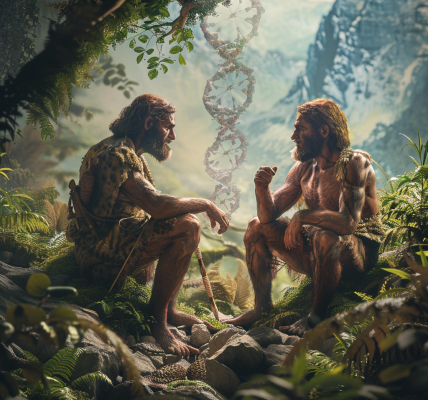A new theory proposed in a recent physics paper has sparked discussions about the possibility of our reality being akin to a massive 4X strategy game. The simulation hypothesis, which suggests that our universe is a simulated construct, has gained attention due to the findings presented in the research.
The paper, authored by Dr. Melvin Vopson, delves into the concept of information theory and its relation to the nature of our existence. Dr. Vopson introduces the second law of information dynamics, a universal principle that posits information is equivalent to energy and therefore possesses mass.
One of the key points of Dr. Vopson’s theory is the idea that if information is removed from a storage device, any resulting changes in mass could be measured. This notion has profound implications, including potentially solving cosmological mysteries such as the ‘missing mass’ problem.
According to Dr. Vopson, the application of the second law of information dynamics on a cosmic scale could indicate that the universe itself is a simulated entity. He suggests that a complex universe like ours would necessitate a sophisticated data optimization and compression system to reduce computational demands and storage requirements.
While Dr. Vopson’s theory lacks concrete evidence to support the idea of a simulated universe, his work prompts contemplation about the nature of a universe governed by a computational framework. The implications of his research extend to challenging established beliefs about the fabric of reality and the potential existence of a higher-order simulation.
As discussions surrounding the simulation hypothesis continue to evolve, the scientific community remains intrigued by the possibilities raised by Dr. Vopson’s research. The exploration of information theory and its implications for our understanding of the universe may lead to groundbreaking insights into the fundamental nature of reality.





